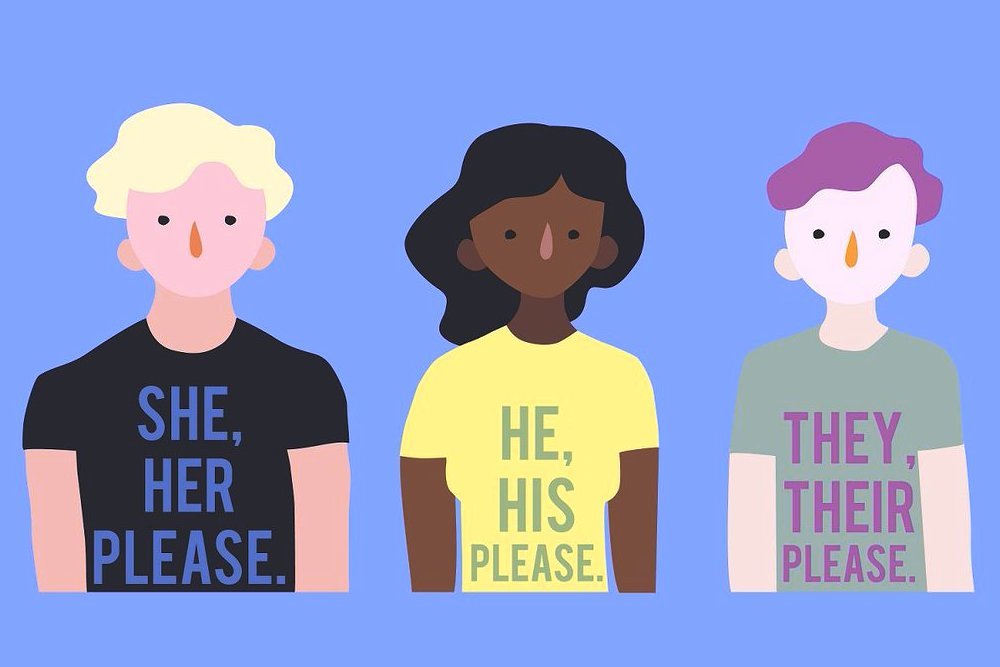
More than a quarter of Californians age 12 to 17 report they are perceived as gender nonconforming in school, according to a University of California at Los Angeles (UCLA) study.
The study, performed jointly by UCLA’s law school and health policy research center, also compared mental health in gender conforming and gender nonconforming youth, and researchers discerned no significant variation in the area of suicidal ideation or attempts; however, nonconforming individuals were twice as likely to have endured psychological stress in the past year, a university release said.
The study was based on data from approximately 1,600 households.
“The data show that more than one in four California youth [27 percent] express their gender in ways that go against the dominant stereotypes,” Bianca Wilson, lead author and a public policy scholar at the law school’s Williams Institute, said in the release.
Wilson added that the reported significant stress levels mandate continuing outreach and education for families, schools and communities regarding these teens’ mental health needs.
Gender nonconforming refers to people whose appearance or behaviors atypical of stereotypes assigned to their gender, the release said. UCLA’s survey posed questions about students’ perceived presentation of their gender identification, with responses ranging from traditional male/female to androgynous.
“It’s possible California’s policy environment has made it safer for adolescents to be gender nonconforming,” Tara Becker, a UCLA Center for Health Policy Research statistician and survey co-author, said in the release. “But … we should by no means relax our stance. California can and should strive to be an ongoing model of acceptance and inclusion.”